Busting the Myths Around Tokenized Real Estate: What You Really Need to Know
June 21, 2025
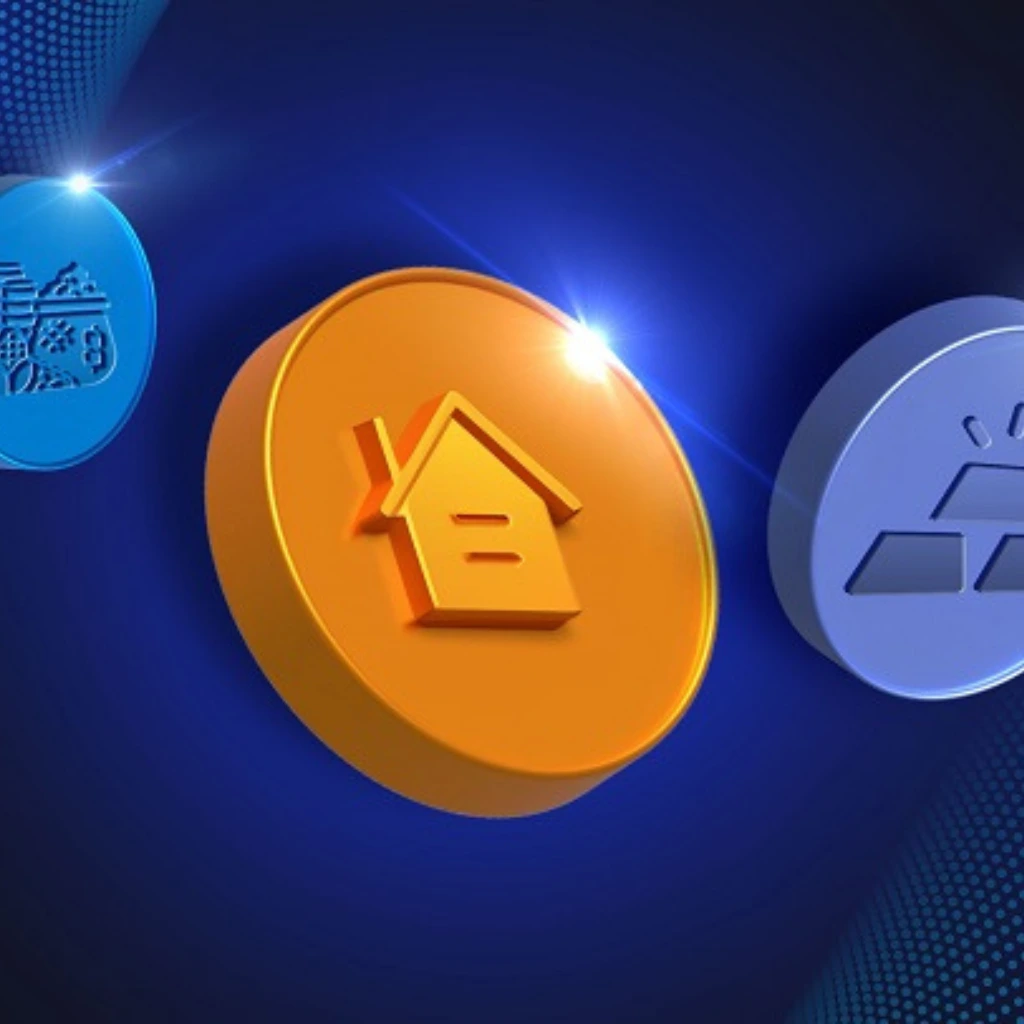
Tokenized Real Estate: Hype or Real Innovation? Let’s Bust Some Myths.
Let’s face it—when people hear “tokenized real estate,” they either think it’s the future of investing… or some weird crypto gimmick. The truth? It lives somewhere in the middle. There’s a lot of buzz, sure—but also a lot of confusion. So, let’s break down the facts and bust a few myths while we’re at it.
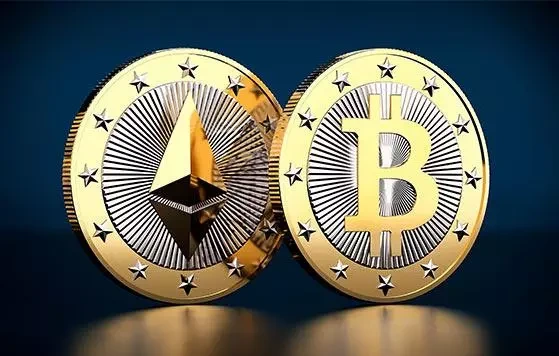
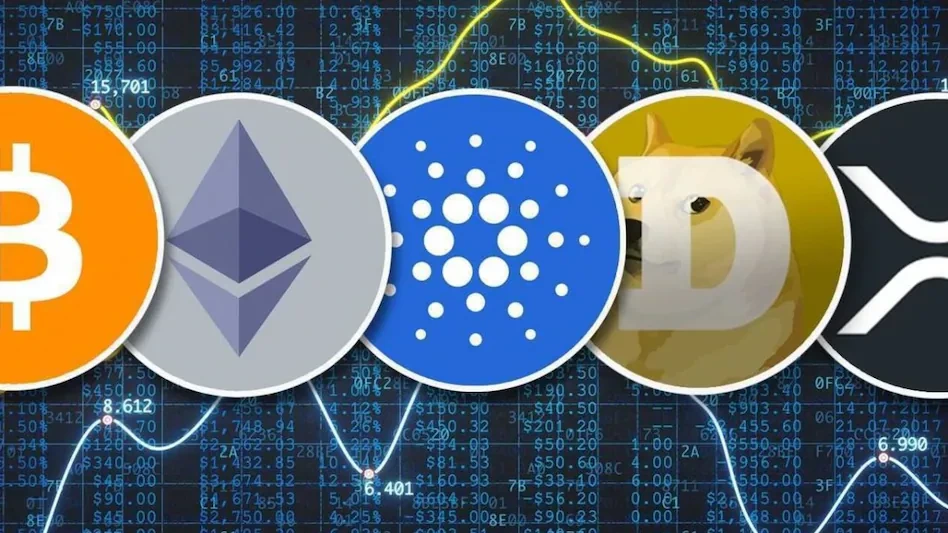
Myth #1: You Need to Be Rich to Invest in Real Estate
Wrong. This is one of the biggest myths tokenized real estate is smashing to pieces. Traditionally, getting into property meant big money—think down payments, loans, and legal fees. But tokenized real estate changes that game. Instead of buying an entire property, you’re buying digital tokens that represent fractional ownership.
Imagine an apartment complex worth $2 million being split into 2 million tokens. Each token costs $1. Suddenly, owning a piece of that property is possible even with just $50 in your pocket.


Myth #2: Tokenized Real Estate is Just Like a REIT (So Why Bother?)
Well, not exactly. While both offer fractional real estate exposure, tokenized real estate gives you more direct ownership. With REITs, you’re investing in a company that owns properties. With tokens, you’re investing in the property itself (legally, through a holding entity). It’s more transparent, potentially more flexible, and doesn’t require the same institutional middlemen.
Also—depending on the platform—you might receive rental income or capital gains directly via blockchain-based smart contracts. That’s a layer of automation most REITs don’t offer.
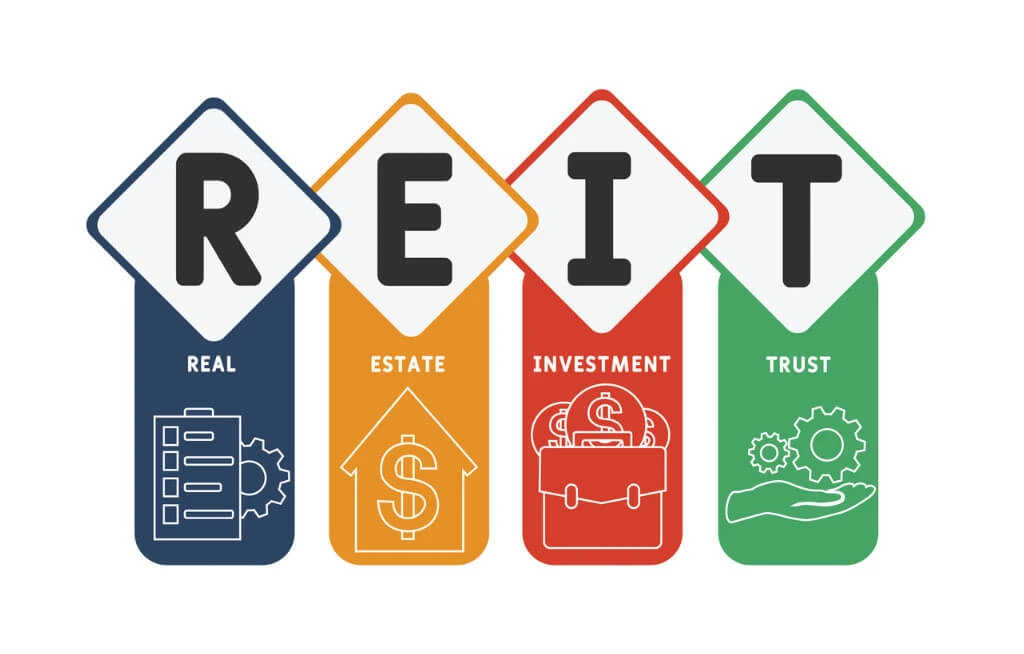
Myth #3: Blockchain Makes It Complicated and Risky
Honestly? Sometimes it does. But not always.
Yes, blockchain sounds intimidating—smart contracts, crypto wallets, private keys—but platforms are getting better at simplifying the user experience. Some even let you use regular currency, with the tech running quietly in the background.
Now, is there risk? Of course. Blockchain platforms can be hacked, and losing access to your wallet can mean losing your investment. That’s real. But these risks are becoming more manageable as regulation and technology evolve.
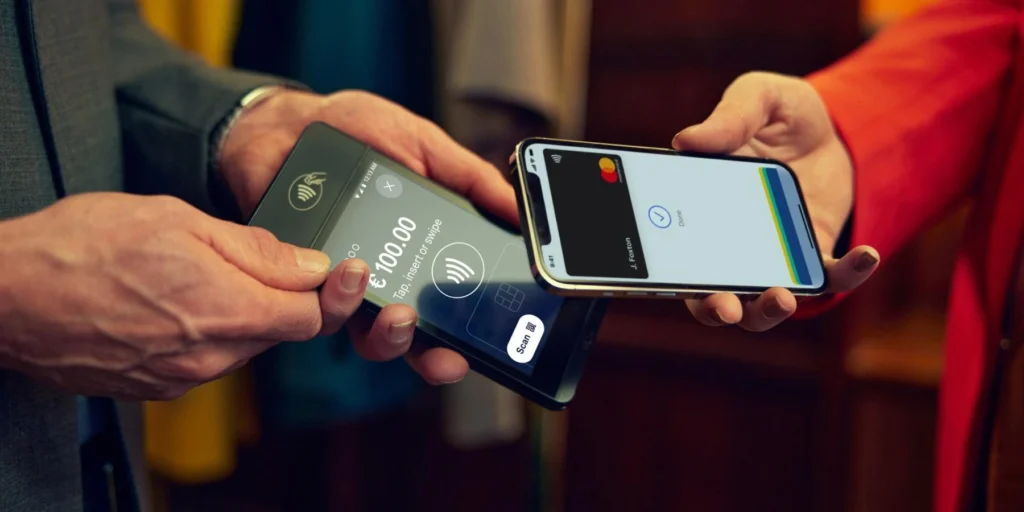
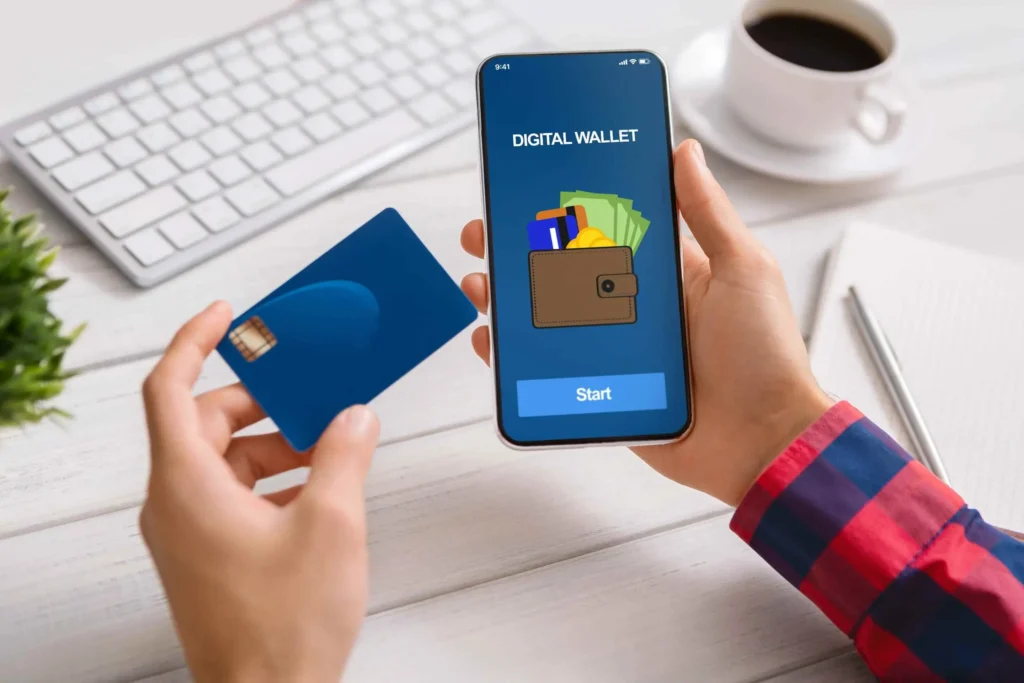
How Does It Actually Work? (Spoiler: It’s Simpler Than You Think)
Here’s the basic flow:
- Choose a Property – Could be residential or commercial.
- Legal Setup – The property is placed into a legal structure (usually an LLC).
- Token Minting – Tokens are issued on a blockchain like Ethereum.
- Offering – Investors buy tokens through a platform or marketplace.
- Ongoing Returns – You may earn a share of rental income or resale profits.
The heavy lifting—legal stuff, smart contracts, property management—is typically handled by the platform. You focus on deciding what to invest in, and how much.
Myth #4: It’s Easy Money
This one’s dangerous. Tokenized real estate opens up exciting opportunities, but it’s not a guaranteed win. Just like traditional real estate, it depends on property performance, market conditions, and smart investing.
Also, while it offers more liquidity than traditional property (you can sell tokens on secondary markets), it doesn’t mean you’ll always find a buyer instantly. It’s still an emerging space, and demand can vary.
Who’s Doing It—and Should You?
Platforms like RealT, Lofty, and SolidBlock are leading the charge. Some cater to U.S.-based residential properties, others have global commercial options. Each has its own vibe—some more crypto-heavy, others more beginner-friendly.
Should you jump in? Well, if you’re curious, have some extra capital, and want exposure to real estate without buying a whole house, it might be worth exploring. But if you like certainty, or get nervous around tech-heavy investing? Maybe hold off for now.
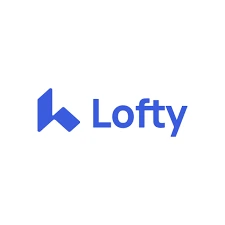
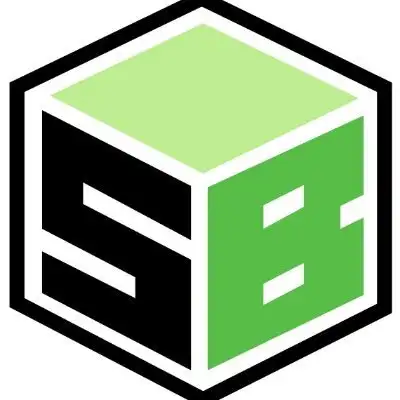
Final Thoughts: Tokenized Real Estate Isn’t a Magic Wand—but It’s Not a Joke Either
At the end of the day, tokenized real estate isn’t some magic investment trick. It’s a tool—a new model with potential. Yes, it’s early days. Yes, there are risks. But the idea of fractional, borderless property ownership powered by blockchain? That’s not a gimmick. That’s a glimpse of where real estate might be headed.
So next time you hear someone say “I own real estate in New York,” maybe ask—how many tokens do you have?
Because owning 0.002% of a high-rise might sound odd… but it’s real.
Relevant Link : Here

